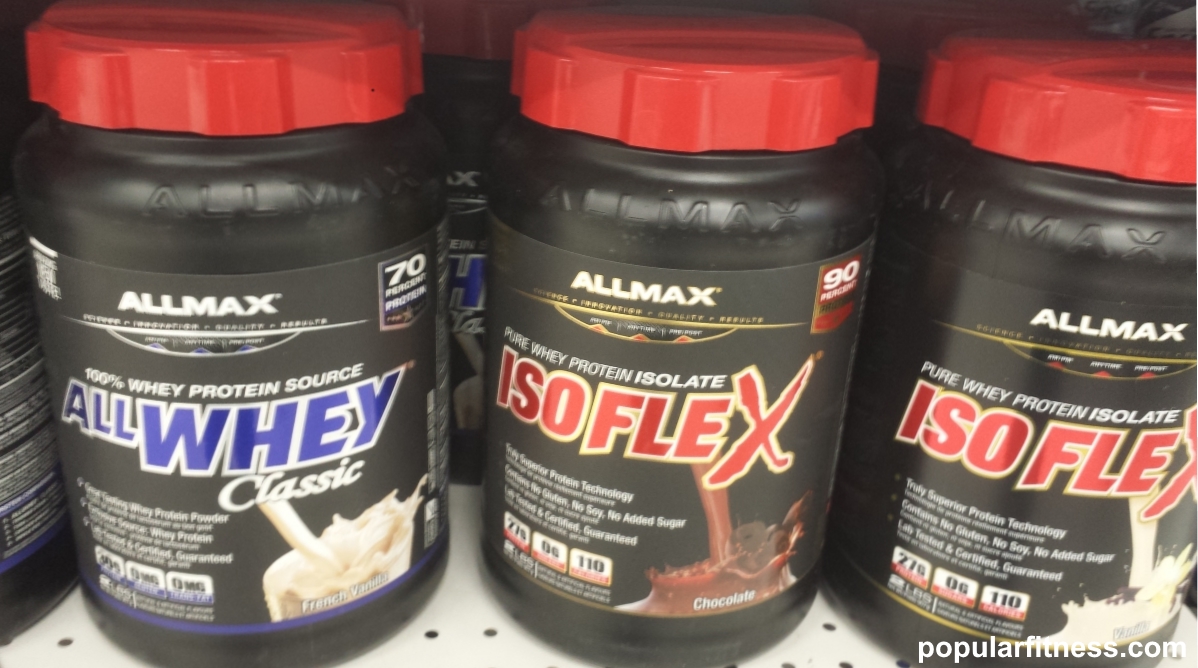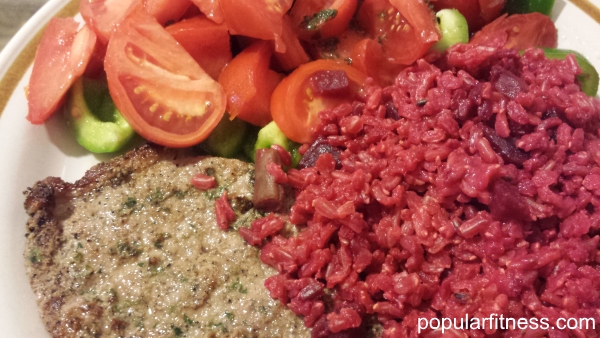
There are so many brands of protein powder supplements on the market these days that it may be difficult for you to choose the right one and quite expensive for you as well. Many contain different amounts of protein and some are more healthier for you than others. So, do you really need to buy and consume protein powder supplements when working out with weights, into bodybuilding or you when you want to maintain or build more muscle?
The answer to this question is both yes and/or no. It all depends on the type of meals you prepare for yourself and eat every day. A protein powder supplement may be unnecessary to use or not required in the same amounts indicated on the labels if you are already eating a diet high in protein. If you are not eating a diet high in protein, then I recommend that you use protein powder supplements and adjust your intake according to your needs. If you are somewhere in between, you may want to supplement your diet by using 20% to 50% less than the recommended amount indicated on the product label and only once per day. This is what I like to do on non-workout days between breakfast and lunch (usually around 10 am) and on the day right after a workout, within 30 minutes of my weight training workout.
How much protein should you be consuming each day?
The amount depends on your activity level, age, gender and the amount of muscle you want to gain or maintain. To gain and/or to maintain muscle, most studies suggest that 0.7 to 1 gram of protein per pound of body weight or 1.5 to 2.2 grams per kg of body weight is fine. As you can see, this is not a finite science as every person’s body is a little different but a recommended range and your exercise goals and results should help you determine the right amount for yourself.
If you want to use protein supplements, pick a quality protein powder that is absorbed well, has zero fat and zero sugar or low in sugar like a whey protein powder isolate or if you prefer, a vegan protein powder alternative like Pea Protein Powder.
Other healthy protein products made with natural ingredients that can be consumed as snacks or as energy boosters during the day may include protein bars or protein cookies.
Healthy Meal Options
Personally, I like to focus a lot on eating healthy meals that are high in vitamins, minerals, nutrients and of course protein with regular or daily protein powder supplementation depending on my dietary and workout goals and needs. Good overall nutrition is the key to how your body functions. For me, it means including foods from a variety of food groups at each meal that are high in protein. In this way, not only are you consuming adequate amounts of protein, but you are also getting all the vitamins and minerals that your body requires to function optimally.
A good example of this is my healthy and nutritious salmon dinner or you can have it for lunch, if you prefer.

The salmon itself is very high in protein. I substitute white rice with brown rice since brown rice is higher in protein. A better choice is quinoa which I sometimes do because it is substantially higher in protein. To the rice I add amaranth - a leafy vegetable very high in protein and black fungus which also contains protein and of course a side of garden grown vegetables. As you can see, this is a very healthy and delicious dinner that is high in protein. So you can increase the amount of protein in your meals by choosing the correct meats (chicken, beef, lean pork loin), fish and vegetables (amaranth, spinach) to be added to each and every meal. This salmon meal is also fairly quick and very easy to make.
Another healthy meal high in protein is this lean beef with brown rice and beets meal.

Similarly for breakfast, you may want to choose a cereal that is high in protein with added milk and then add some almonds or walnuts, chia seeds and Greek yoghurt to the cereal for a substantially higher protein content to begin your day.
If you try to approach eating in this way, you can minimize the over-reliance on the use of protein powder supplements while still building and/or maintaining your muscle mass and definition. In the end, it's about striking the right protein balance that your body requires based on your daily needs.